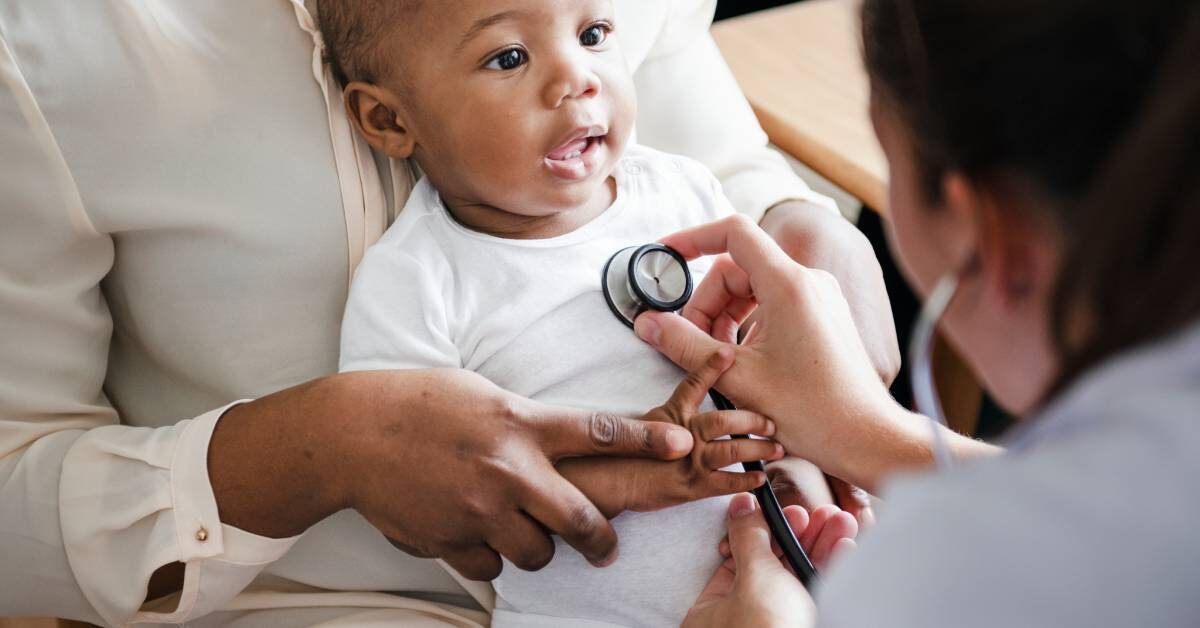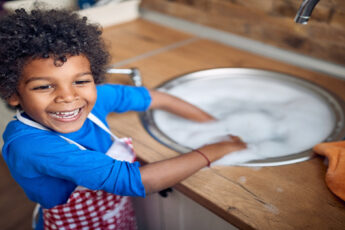Creating a healthy home environment is essential for protecting your newborn’s health. As a new mother, you want to focus on Newborn Care: Common home health issues to look out for and how to keep your baby safe from issues that can arise right in your home.
Although your home should feel like a safe space, certain factors cause health issues in babies more than adults. Here’s what you need to know about common home health issues facing mothers caring for newborns, including what to look out for and how to address these issues.
1. Poor Indoor Air Quality
The air in your home plays a big role in your baby’s respiratory health. Dust, mold, and poor ventilation can all create an environment that irritates your baby’s sensitive lungs. When you have poor insulation, the air quality in your home often suffers because dust and other pollutants easily seep in.
Open your windows regularly to let fresh air flow through your home and improve ventilation. Consider using an air purifier, especially in rooms where your baby spends the most time.
Also, look for any signs of insulation damage. Mold growth or deterioration is one great reason to remove and replace the insulation with a healthier, modern material.
2. Harsh Cleaning Products and Detergents
Babies have delicate skin that easily reacts to harsh chemicals in cleaning products and detergents. Using strong household cleaners risks exposing your newborn to ingredients that can cause skin irritation. Choosing baby-safe, hypoallergenic products helps you avoid these issues. Opt for gentle laundry detergents for sensitive skin to keep your baby’s clothes and bedding soft and safe.
You can also explore natural cleaning options, such as vinegar or baking soda, which work well without introducing harsh chemicals into your home. Switching to gentler products protects your baby from unnecessary irritation and keeps your home clean.
3. Allergens and Pet Dander
Allergens, such as dust mites, pet hair, and pollen, are another common home health issue to look out for when caring for a newborn. Babies have developing immune systems, making them more susceptible to environmental allergens. If you have pets, their dander may also contribute to allergy symptoms in your baby.
Vacuuming your home regularly with a HEPA filter helps reduce allergens in the air. Wash your baby’s bedding and soft toys often to minimize dust buildup. If possible, keep pets out of areas where your baby sleeps.
4. Temperature Fluctuations and Humidity
Babies need a consistent temperature to stay comfortable and healthy. When your home has poor insulation, temperature fluctuations can create cold drafts or excessive heat, making your baby uncomfortable or sick. You can maintain a steady temperature by sealing drafts and using fans or humidifiers as needed.
Humidity levels also matter; a dry environment can irritate your baby’s airways, while too much moisture can encourage mold growth. Invest in a humidifier for your baby’s room to balance the air. These adjustments help you provide a stable, cozy space for your newborn.
5. Off-Gassing From Furniture and Carpets
New furniture, paint, and carpets sometimes release VOCs (volatile organic compounds), affecting your baby’s health. VOCs release gases into the air and pose respiratory risks. If your home has new renovations or items like furniture, try airing out these rooms before bringing your baby in. Also, choose low-VOC or natural furniture and paint products, which contain fewer harmful chemicals.








Leave a Reply